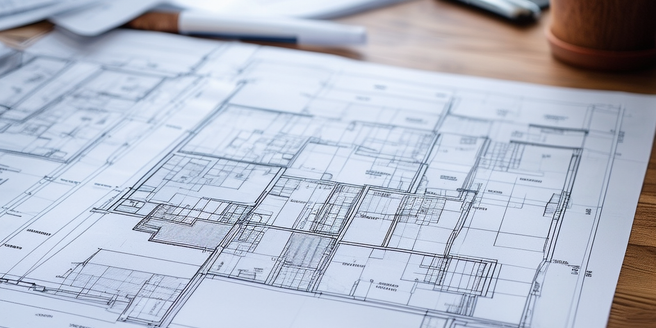Understanding the Current Situation of Affordable Housing
The current situation of affordable housing is marked by an increasing gap between the incomes of the majority of the population and the cost of housing. Skyrocketing rents and stagnant wages have exacerbated this gap, leaving many unable to afford decent and stable housing. Furthermore, this disparity adds to the wealth gap and intensifies socio-economic inequalities. In fact, the lack of affordable housing has become a dominant issue in urban communities, causing significant concern for local economies. This has ripple effects on society as stable housing is key to social, emotional, and physical health. This situation is particularly worrisome as housing is a basic human need and the foundation for a healthy, productive life.
Identifying Factors Contributing to Housing Affordability Crisis
Numerous elements, including economic inequality, insufficient government policies, underinvestment in affordable housing, and hastened urbanization, contribute significantly to the ongoing housing affordability crisis. Economic inequality has widened the divide between the rich and poor, making it tough for the latter to secure affordable housing. Inadequate government policies, often ineffective or poorly implemented, further exacerbate the situation, leaving low-income families struggling to find affordable housing. The problem is amplified by underinvestment in affordable housing and the accelerated pace of urbanization, which increases housing demand and prices. These complexities underline the deeply entrenched nature of the crisis, requiring concerted efforts from all sectors involved in housing provision, underscoring why its resolution remains a relentless challenge.
Challenges in Providing Affordable Housing
The process of catering to the demand for affordable housing often faces numerous challenges that include financial constraints, regulatory barriers, a lack of political will, and the high costs associated with land acquisition and construction. It is unfortunate that these issues are interconnected – solving one problem might trigger another one. Thus, stakeholders from various sectors, like housing developers, policymakers, social welfare organizations, and financial institutions must use a holistic approach to navigate this web of obstacles and tackle the shortage of affordable housing effectively.
Exploring Potential Solutions for Affordable Housing
The pressing affordable housing crisis demands a multipronged approach and coordinated effort. This includes strategies such as stimulating economic growth and wages, which allows for more housing options and breaks the cycle of unaffordable housing. Investment in affordable housing projects that produce houses within the financial reach of citizens is essential. Along with this, revision of zoning laws to allow denser housing developments can address population needs and curb urban sprawl. Safeguarding renters’ rights, preventing excessive rent increases, and ensuring stable living conditions are crucial. In essence, a well-integrated, comprehensive approach to solving the affordable housing crisis could pave the way for an inclusive society with universal access to affordable homes – a difficult but achievable task.
Successful Case Studies in Affordable Housing
Affordable housing initiatives worldwide offer valuable lessons and insights, demonstrating what can be achieved with well-implemented policies across different cultural and economic settings. For instance, Singapore’s public housing program is renowned for its effectiveness in offering quality, affordable homes thanks to robust government policies and systems. Similarly, Vienna’s social housing model, lauded for promoting social inclusion and well-integrated communities, has created a healthier socio-economic environment in Austria’s capital.
These cases highlight the importance of comprehensive policies that include socio-cultural factors, a strong political will and commitment, and the active participation of several stakeholders such as private sector entities, non-profit organisations, and the community. The successful stories from Singapore and Vienna underscore the notion that providing affordable housing, albeit a complex issue, is achievable with determined policies, political resolve, and collaborative efforts.
The Future of Affordable Housing: Predictions and Policy Recommendations
The future of affordable housing hinges on a combination of robust policy measures, inclusive growth strategies, technological innovation, and collaboration. Understanding these intricacy involves recognizing these factors as the backbone to all initiatives ensuring safe, cost-effective housing options for all. Inclusive strategies tied to economic growth have significant impacts on the housing sector, providing diverse demographic groups with affordable housing and ensuring societal stability. Technological advances in today’s world can optimize affordable housing, from innovative construction methods to administrative processes. Environmentally friendly construction methods reduce buildings’ carbon footprints and offer a solution for affordable housing. Mixed-income housing models, integrating different income brackets, lessen the affordable housing stigma and promote inclusivity. Lastly, providing equitable access to basic amenities to everyone, regardless of housing type or income, is crucial. Essentially, the future of affordable housing is composed of policy measures, inclusive strategies, technological aids, sustainability, mixed-income models, and equal opportunity accessibility.



